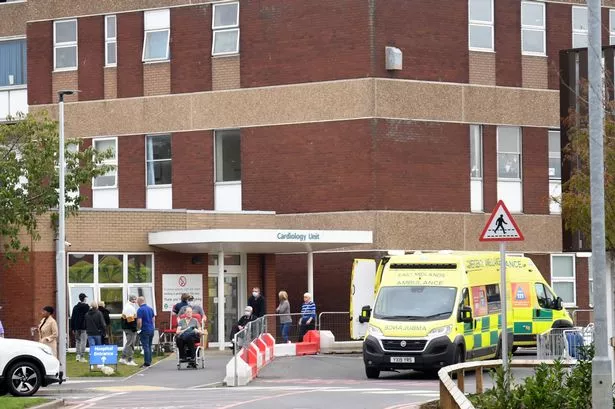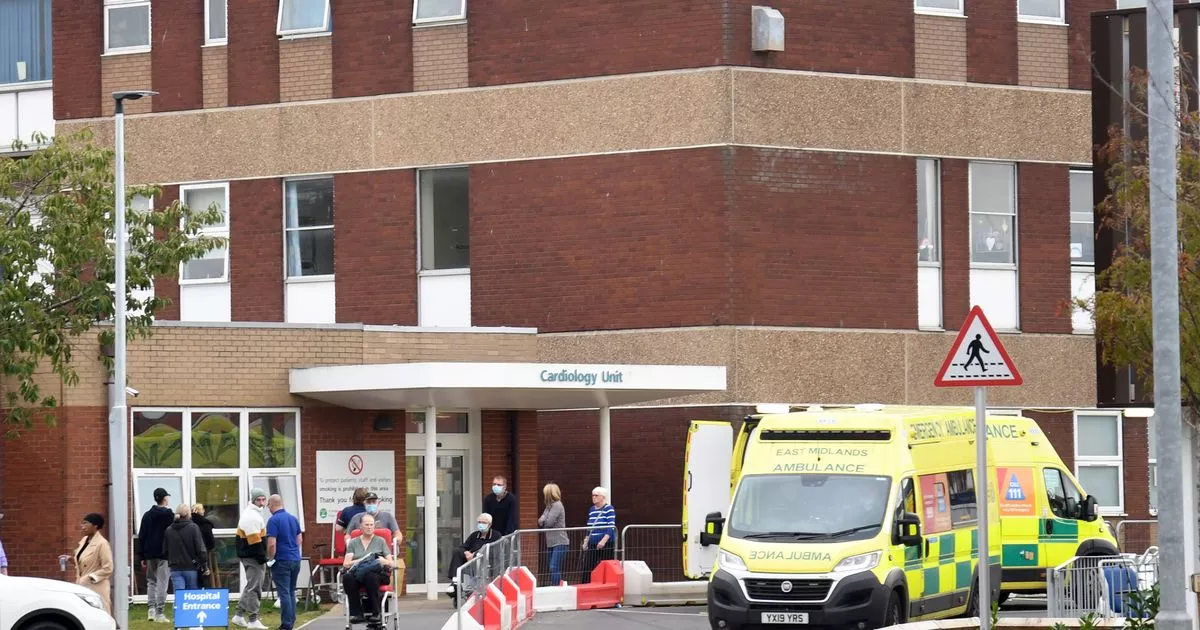North East Lincolnshire has been named as one of 43 areas of England in the first wave of a new national neighbourhood health programme Diana, Princess of Wales Hospital in Grimsby – the new NHS initiative looks to move care from hospitals into communities, closer to home(Image: GrimsbyLive/Donna Clifford)
Diana, Princess of Wales Hospital in Grimsby – the new NHS initiative looks to move care from hospitals into communities, closer to home(Image: GrimsbyLive/Donna Clifford)
North East Lincolnshire has been chosen as one of 43 areas in the first wave of a new NHS initiative to deliver healthcare closer to people’s homes. The area is taking part in the implementation of a new neighbourhood health programme.
It will launch in North East Lincolnshire in October. By sharing learning between areas, it will help build stronger, more joined-up local health and care services, so that by 2030 every community can benefit from person centred, preventative care delivered by effective neighbourhood teams.
Neighbourhood working is a cornerstone of the NHS Long Term Plan, which focuses on three major shifts in the way care is delivered:
- Moving more care from hospitals into communities, closer to home.
- Harnessing digital tools to connect people with the right support at the right time.
- Shifting the focus from treating illness to preventing it in the first place.
This will mean bringing together doctors, nurses, social care staff, mental health professionals, and voluntary organisations into integrated neighbourhood teams. These teams will work hand in hand to provide joined up, holistic support to the people who need it most.
NHS Humber and North Yorkshire Integrated Care Board (ICB) has welcomed the initiative. “We’re delighted that North East Lincolnshire has been chosen as a wave one site,” said Alex Seale, senior responsible officer for neighbourhood working in Humber and North Yorkshire.
“All of our Places submitted strong bids, and as a system we’re committed to supporting every area to achieve the ambitions set out in their plans,” she added. Helen Kenyon, place director for North East Lincolnshire, said: “This is a fantastic opportunity to build on North East Lincolnshire’s strong foundations of integrated working and to work with partners, communities, and national colleagues to shape the future of neighbourhood health. We can’t wait to get started.”
How will the neighbourhood health programme work?
Each of the 43 areas will be allocated a programme lead to work with existing local services to set up a new neighbourhood health service. The leads, using General Practice as the cornerstone, will draw together a range of professions such as community nurses, hospital doctors, dentists, and local government organisations, to develop a ‘neighbourhood health team’.
It will give people access to the right care and support on their doorstep. The wave one programme is backed by £10m.
They will initially focus on supporting people with long term conditions such as diabetes, arthritis, angina, high blood pressure, MS, or epilepsy, in areas with high deprivation. It will expand to support other patients and priority cohorts as it grows.
Overall, neighbourhood health will benefit patients by providing end-to-end care and tailored support, looking beyond the condition at wider causes of health issues. It will help to avoid unnecessary trips to hospital, prevent complications and avoid the frustration of being passed around the system.
“Neighbourhood health services fundamentally reimagine how the NHS works,” said Health and Social Care Secretary Wes Streeting. “Bringing care closer to home while helping to tackle this nation’s shameful health inequalities.
“Through our Plan for Change, we will stop people from being bounced around a broken system as we get the health service back on its feet. The 43 ‘wave-one’ sites have been selected as pioneer areas for neighbourhood health services. They will eventually bring health and care services such as diagnostics, mental health, outpatients, post-op, rehab, nursing and social care closer to home.”
Do you feel safe on the roads? You can have your say by completing the poll below or by clicking here .
